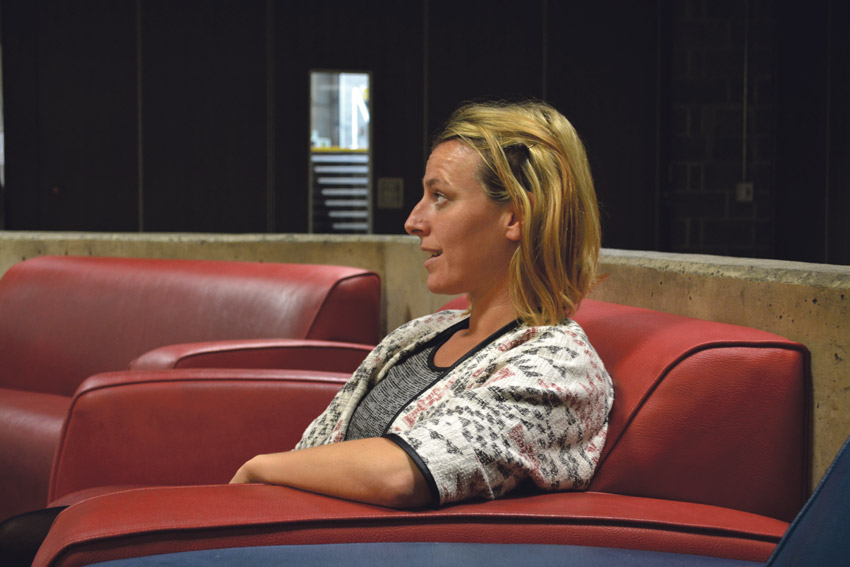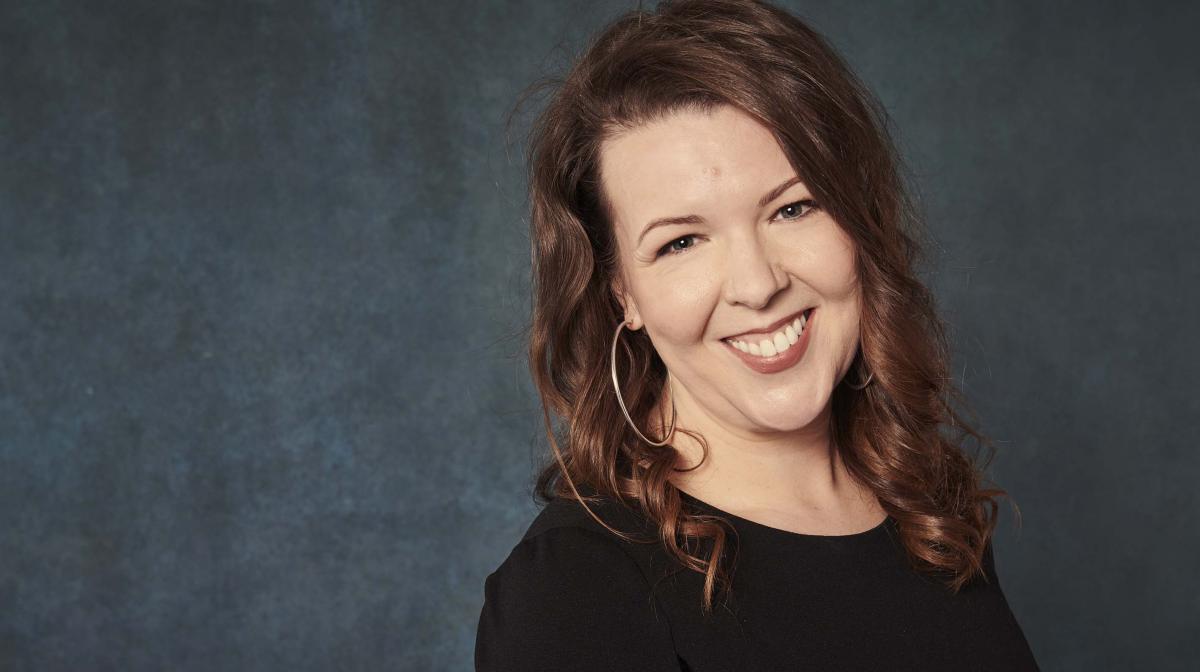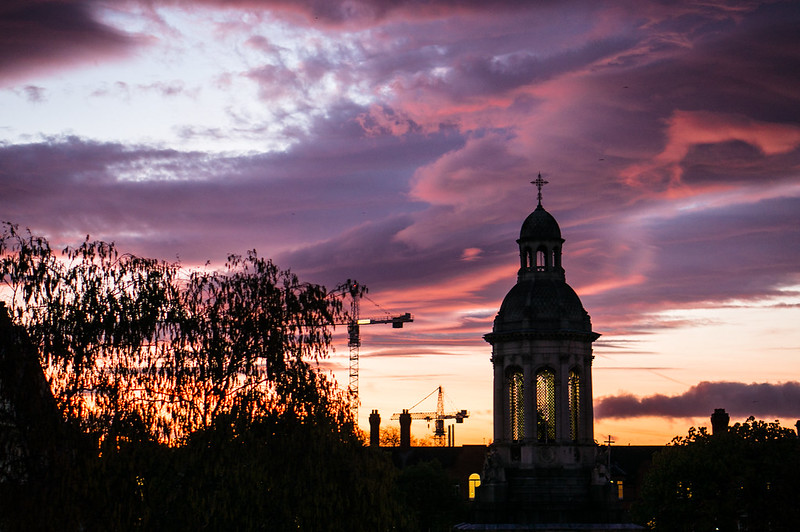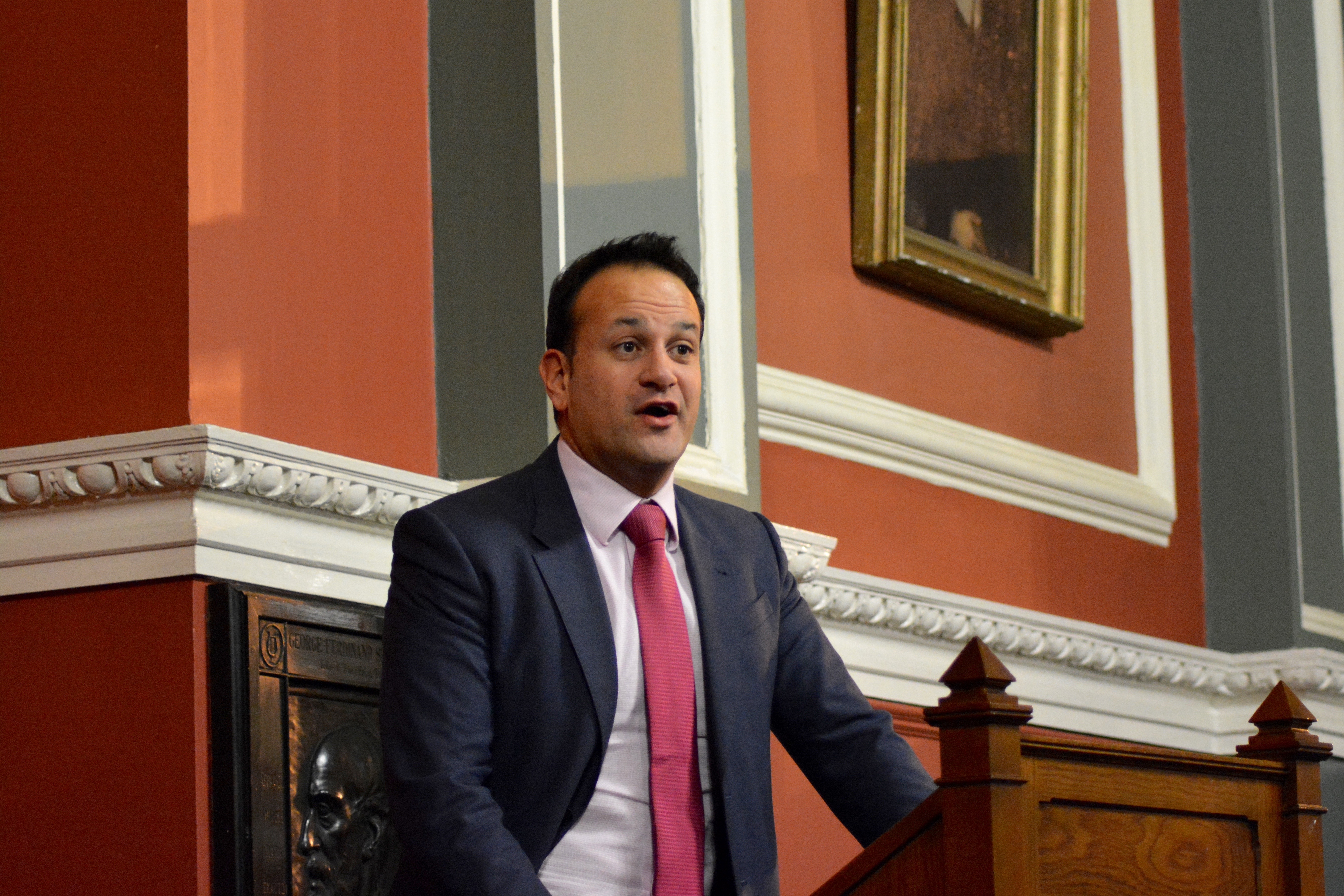Let me level with you: when Mary McAleese answers your phone call, it’s a strange experience. “I’m so sorry”, she says breathlessly as she picks up the phone, delivering a frantic apology for missing my call earlier. It seems ridiculous that Mary McAleese, former president of Ireland, is apologising to me – I feel that I should be apologising to her for taking up even a moment of her time.
As she launches into small talk, I struggle to reconcile the normality of the conversation with the identity of the person on the other end of the line. Yet, the drawl of McAleese’s Belfast accent is so instantly familiar that I’m quickly reassured that yes, she really is answering my admittedly fangirlish questions on this otherwise insignificant Monday afternoon.
“I adored college, I loved university”, she begins. McAleese started her undergraduate course at Queen’s University Belfast in 1969, “literally as the Troubles broke out”, she tells me. “I lived in a parish that was one of the places, if not the place, worst affected by the violence.” She was actually offered a place at Trinity for her undergraduate studies but for “economic and pragmatic reasons” – that is to say, coming from a family of nine children in a Belfast that was caught in the teeth of a bitter sectarian conflict – she decided to stay in the parish of Ardoyne and study at Queen’s.
“Somewhere in the back of my mind”, McAleese says, “I always had this longing for the life I hadn’t lived in Trinity”. This longing is probably familiar to many incoming students – images of the Campanile and the cobblestones have been known to grow more romantic in the suspenseful weeks leading up to CAO offers. For McAleese, in any case, “those big walls of Trinity – they never ever seemed, funnily enough, to me to be forbidding. They just always seemed to be mysterious and enticing”.
When you’re a fresher in college every blessed thing seems to be an enemy, you know? Even the cobblestones!
McAleese never did study at Trinity but after qualifying as a barrister at the Inns of Court of Northern Ireland, she was appointed as the Reid Professor of Criminal Law at Trinity in 1975. “The day I walked through the door of Trinity and got my job”, she tells me, “I thought all my Christmases had come true – and actually, maybe they had”. McAleese reverentially recalls the contagious excitement of walking through Front Arch on her first day and the novelty of the place that, she says, continues to wonder her.
But for freshers walking through front arch for the first time as students, this excitement is mithered in both uncertainty and fear, is it not? “Yes”, McAleese concedes, “when you’re a fresher in college every blessed thing seems to be an enemy, you know? Even the cobblestones!”
McAleese is no stranger to the woes and struggles of first-year students at Trinity, having served as a tutor during her time teaching at the university. If I were to summarise McAleese’s advice to incoming freshers in just one quote, I would have to point to a comment she made about halfway through our conversation. “Honestly”, she exclaimed, “the vast majority of people are not pillocks – just remember that. They’re not! You’ll meet the odd pillock – of course you will, because that’s life – but the vast majority of people aren’t and they’re thrilled to be asked for help”.
There’s something so straightforward yet significant about this piece of wisdom. It speaks to a fear that most people encounter facing into any distinctively new experience in their life, not just college: that everyone around you has access to key information that you don’t, and they aren’t willing to share it. McAleese points out, however, that beyond directions to lecture theatres, the seeming swagger and confidence of older students stems from familiarity, rather than this fabled certainty that so many first year students strive for.
The amount of writing and reading that you could do is extensive, and sooner or later you have to reconcile yourself to the fact that you’ll never know everything.
“You know, when I left law school”, she says disarmingly, “in terms of the amount of law that you could know, I probably maybe knew about 5 per cent?”. I find myself laughing again. Though McAleese’s advice is meant for freshers, I take it to heart – I’m relieved to receive confirmation, and from Trinity’s chancellor no less, that no, your degree will not metamorphose you into an encyclopedia. “The amount of writing and reading that you could do is extensive”, she continues, “and sooner or later you have to reconcile yourself to the fact that you’ll never know everything”. A bitter pill to swallow, but one that may save freshers the labour of realising that nobody else knows what the correct referencing style is either.
In the early months, perhaps the greatest sense of unknowing that freshers grapple with is whether or not they have even selected the right course. “They’ve chosen one of 100,000 CAO options and they’ve plonked for one, but one millimetre of movement and they might have chosen something else”, McAleese points out. For most freshers, there will be at least one moment in which imposter syndrome sets in: “They’re completely convinced that out of all of their peers, they’re the stupidest – they’re convinced that everybody else is more intelligent than them.”
In her days as a tutor, McAleese says that nearly all of the first-years that knocked on her door felt completely out of place and unqualified for their course. “There is a process”, she says of those initial few months, “of trying to convince yourself that you made the right choice”. For some, this process ends in the realisation that indeed, a course isn’t for them – but these students tend to be in the minority, McAleese insists. “You need to be patient with yourself and with the course and with the people around you and with the buildings of Trinity and with Dublin.”
Every moment that we’re breathing, every day that we live, is a day that’s gone and we don’t get them back – so don’t waste it in recrimination or regret.
So, how did she decide to study law? “I didn’t have a terribly rounded reason for it”, she laughs, offering a candid admission that most freshers can probably identify with. When I ask if she knew what she might do with her degree once she was at university, she quickly interjects: “No!” I beam with delight in the knowledge that McAleese, one of the foremost women in recent Irish history, didn’t have a plan as she embarked on her university career either. “I hear people talking in more recent years about having their five year plan or their ten year plan”, she says, exasperated. “I didn’t even have a one minute plan!”
And in today’s world, plans have never seemed more futile – over the past few months, they’ve gone awry, fallen through or become completely untenable. The coronavirus has shown, if nothing else, that timelines and goals are all well and good until a global crisis gets in the way. And with this realisation has reentered the “live-in-the-moment” philosophy – to which McAleese has duly subscribed. “Embrace it, make the best of it”, she advises freshers who may be sceptical of the online college experience. “The one thing you don’t want to do is to waste moments you’re never going to get back – every moment that we’re breathing, every day that we live, is a day that’s gone and we don’t get them back. So don’t waste it in recrimination or regret or in saying ‘well I’m getting something different’ and ‘it’s not as good as’.”
“Do not wish your lives away”, McAleese implores students – and she says this with an urgency that makes me question my “this too shall pass” approach to the pandemic thus far. For McAleese, awareness of the fact that we don’t know when the virus will “pass” is acute. To spend our imaginative energies dreaming of a return to normality in the near future is, she says, wasteful. “Well it’s the old thing of: when it rains lemons, make lemonade”, she adds, in what I refuse to believe is anything other than an unexpected – perhaps unwitting – Beyoncé reference.
“Let’s make it legendary”, she dramatically prophecies. “Yes, let’s write the legend”. And on this dramatic note, our conversation draws to a film-worthy end, and I’m left thinking of all the pillocks that freshers will hopefully never meet and the gallons of lemonade that they have yet to make.










